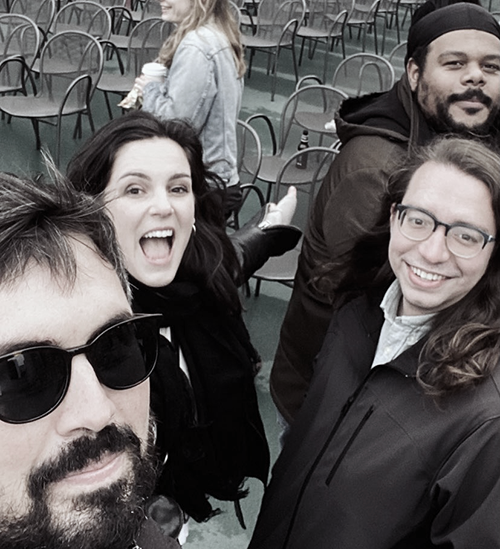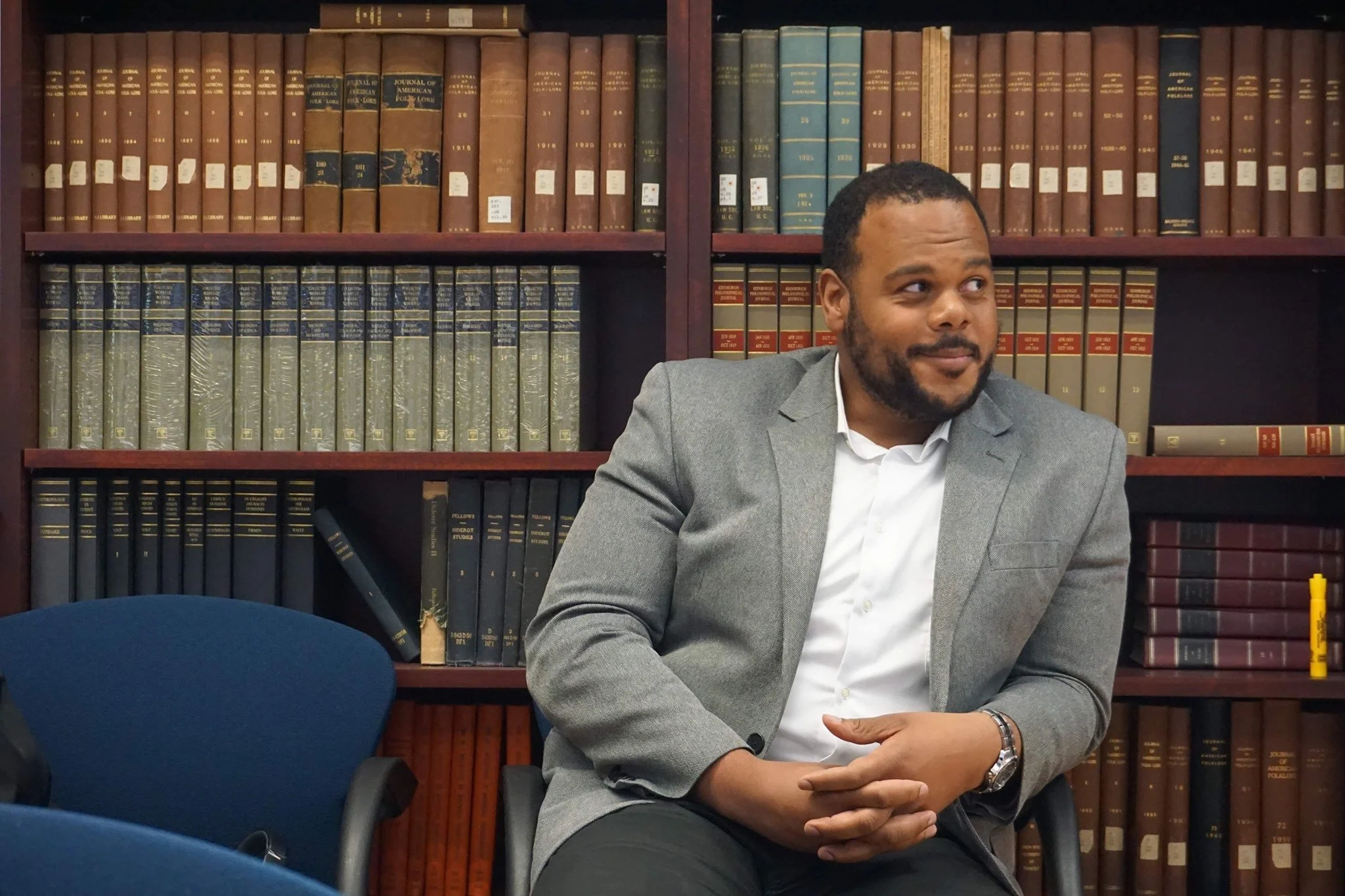What’s Left of Philosophy is a theory podcast from the left
What’s Left of Philosophy is hosted by Lillian Cicerchia, Owen Glyn-Williams, Gil Morejón, and William Paris, with discussions ranging from topics in contemporary critical social theory, the history of political philosophy, Marxism and other emancipatory theoretical tendencies. We regularly feature guests to discuss their own cutting-edge research in philosophy and political theory.
New episodes of the show come out every two weeks wherever you get your podcasts.
Support the show on Patreon. Subscribe to us on Apple Podcasts and Spotify, and check out our YouTube channel for video clips and livestreams. Follow the podcast on twitter @leftofphil.
Who We Are
Lillian Cicerchia
Lillian Cicerchia is a post-doc in social philosophy at the Free University of Berlin. She specializes in critical theory, political economy, and feminism. You can find her academic work to date in Hypatia, Social Theory and Practice, Itinerari, European Journal of Political Theory, and Radical Philosophy Review. Lillian's popular writing has appeared in Jacobin, Dissent, and New Politics. She currently lives in Berlin with her cat, Harold, who is the official What's Left of Philosophy mascot.
Owen Glyn-Williams
Owen Glyn-Williams holds a PhD in Philosophy and teaches philosophy at DePaul University. He specializes in early modern and contemporary social and political thought, and recently defended a dissertation titled Civil War and the Government of Factions in Hobbes and Foucault. The project reconstructs Hobbes’s concept of ‘factions’ – the agent or efficient cause of civil wars – and utilizes this concept to develop an account of group-formation as a distinct object of state and governmental power. He is currently in the process of preparing a book manuscript based on the project. Owen co-edited the volume Making Communism Hermeneutical and has translated several pieces by Jacques Rancière as well as Sophie Wahnich’s book The French Revolution in Theory.
Gil Morejón
Gil got his Ph.D. in philosophy at DePaul University in 2019 and lives in Chicago. He specializes in early modern metaphysics, with an interest in German idealism and 20th century continental philosophy, but because the world is in an apocalyptically bad place he’s had to learn a lot of Marxism and critical theory stuff just to make sense of things. He’s published articles in Philosophy Today, The Journal of Speculative Philosophy, Deleuze and Guattari Studies, and Décalages. His first book, The Unconscious of Thought in Leibniz, Spinoza, and Hume, was published in 2022 by Edinburgh University Press. He’s also a translator. Gil is a finite mode with his own website.
William Paris
William Paris is an Assistant Professor in Philosophy at the University of Toronto. He is also an Associate Editor for the Journal Critical Philosophy of Race. His research focuses on History of African American Philosophy, 20th century continental philosophy, and Political Philosophy. He has published on Frantz Fanon and Gender, Sylvia Wynter's phenomenology of imagination, and he is currently at work on his monograph Racial Justice and Forms of Life: Towards a Critical Theory of Utopian Epistemology. In this book he argues that history and social theory ought to be conjoined so as to draw utopian insights from failed struggles for freedom and racial justice that can guide our contemporary analyses towards a reconstructed society. The main concern of the book is that racial justice that does not attend to our form of life fail to explain why so many movements for racial justice fall short and will tend to naturalize aspects of our social life that can be altered. The hope is that Racial Justice and Forms of Life will elucidate why we should expand the vision of racial justice beyond dependency on states and bureaucracies and move toward reorganizing the fundamental cultural, political, and economic patterns that make up our form of life. To do this we will need a utopian epistemology that can produce knowledge of how our world can be different than what it currently is.
Harold
Harold, Lillian’s cat, is the official mascot of the show. He is an absolute king.





